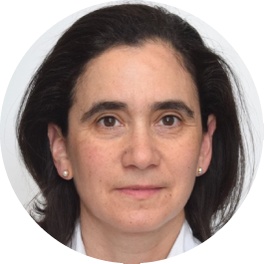International Relations of the Middle East in the 21st Century
6 hour course by Katerina Dalacoura (LSE)
- Schedule: 3 & 4 July (9:00-11:00) + 3 July (14:00-16:00)
- Venue: IBEI
This course offers an introduction to contemporary Middle Eastern international relations from a foreign policy analysis perspective. It begins with a brief historical outline which concentrates on three turning points: the interwar period of the 1920s—1930s which witnessed the genesis of the modern states system; the Cold War period; and the post-Cold War moment of unilateral US power in the 1990s. The course then focuses on four major regional powers, Turkey, Iran, Egypt and Saudi Arabia, and the ways in which they have shaped the region in the two decades since the turn of the 21st century and the 9/11 attacks. Each of the four is studied through the prism of a foreign policy analysis theme: in the case of Turkey, geopolitics versus identity; in the case of Iran, ideology versus pragmatism; in the case of Egypt, security versus economic drivers; and in the case of Saudi Arabia, foreign policy means and ends. Students in this course will emerge with a better grasp of what drives individual states and of the underpinnings of the regional balances of power and ideological factors that shape their relationships; they will also acquire an understanding of some theoretical issues in foreign policy, which are also applicable beyond the Middle Eastern region.
Katerina Dalacoura
Associate Professor in International Relations at the London School of Economics and Political Science.
Katerina Dalacoura has been awarded a Major Research Fellowship by the Leverhulme Trust for three years starting September 2021. Her project, entitled "The International Thought of Turkish Islamists: History, Civilisation and Nation" will be a work of intellectual history that engages with the concept of a ‘global IR’. In 2015-16, she was British Academy Mid-Career Fellow and in 2016-19 she participated in a project on the ‘Middle East and North Africa Regional Architecture’, sponsored by the European Commission under the auspices of Horizon 2020 (2016-19). She previously worked at the University of Essex and at the International Institute of Strategic Studies. Dr Dalacoura’s work has centered on the intersection of Islamism and international human rights norms. She has worked on human rights, democracy and democracy promotion, in the Middle East, particularly in the context of Western policies in the region. Her latest research focuses on the role of culture and civilization in International Relations with special reference to Turkey. She has a continuing interest in questions of secularity and secularization in the Middle East.

